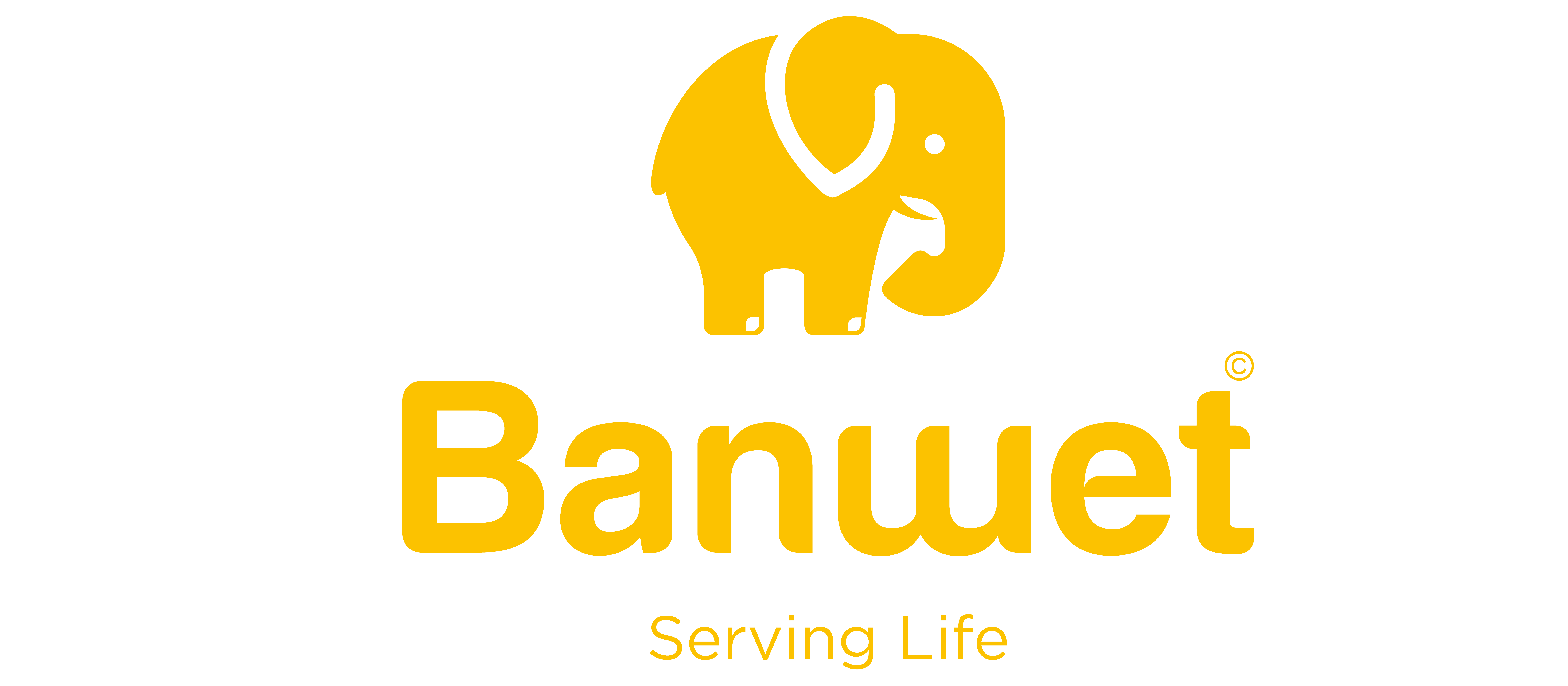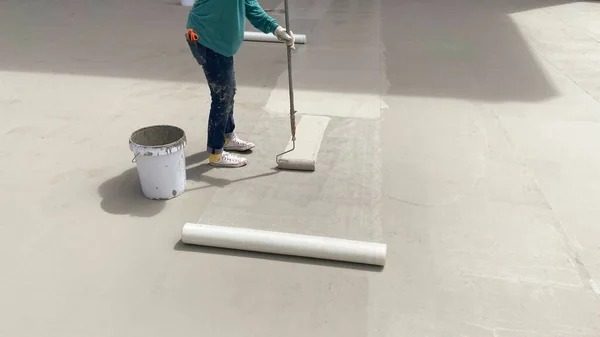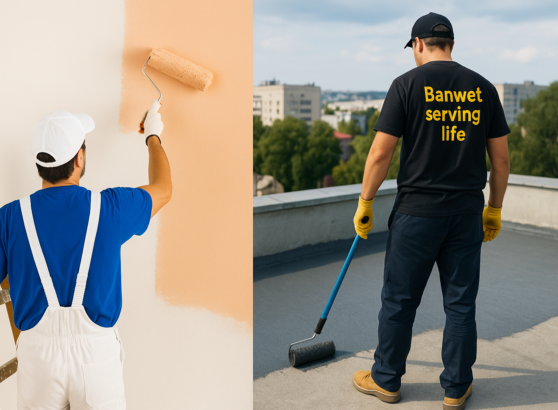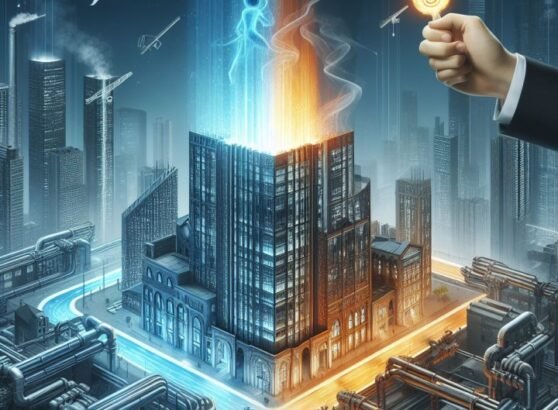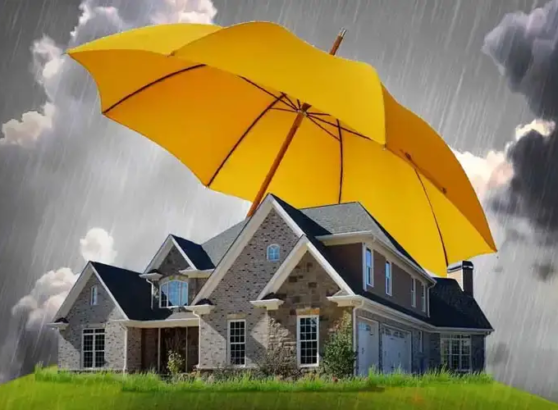In an era where our homes are not just living spaces but sanctuaries that reflect our lifestyle and aspirations, the importance of waterproofing cannot be overstated. Beyond the basic function of keeping water out, waterproofing plays a pivotal role in the overall integrity, safety, and comfort of our homes. This comprehensive discussion delves into the multifaceted reasons why waterproofing is an indispensable part of home maintenance and construction.
The Crucial Need for Waterproofing Homes
1. Structural Integrity and Durability
At the core of waterproofing is its capacity to significantly bolster the structural integrity of buildings. Scientifically, water’s ability to penetrate concrete or masonry can initiate a process known as the freeze-thaw cycle. This cycle, where water infiltrates, freezes, and expands, can cause significant cracking and weakening of structures over time. A well-implemented waterproofing system acts as a barrier, mitigating the risks of this cycle and extending the lifespan of the building’s core materials.
2. Health Implications and Indoor Air Quality
The relationship between moisture in buildings and the health of its occupants is a well-established concern in scientific literature. Excess humidity can foster the growth of mold and mildew, microorganisms that release spores and volatile organic compounds (VOCs) into the air. These biological pollutants are linked to a wide range of health issues, from respiratory infections to exacerbation of asthma. Waterproofing minimizes moisture accumulation, directly contributing to healthier indoor environments and reducing the risk of mold-related health problems.
3. Protection of Assets and Interior Comfort
Beyond structural and health concerns, waterproofing plays a crucial role in protecting personal belongings from water damage. The science behind material degradation due to moisture is clear: water can warp wood, corrode metals, and ruin fabrics. By effectively waterproofing homes, we shield our possessions from irreversible damage, ensuring their longevity and maintaining the aesthetic and functional qualities of our interior spaces.
4. Energy Efficiency and Thermal Regulation
The intersection of waterproofing and energy efficiency is particularly significant in the context of thermal regulation. Moisture presence within walls can disrupt the thermal envelope, leading to increased heat loss in winter and heat gain in summer. Scientific studies highlight how waterproof barriers contribute to maintaining consistent indoor temperatures, reducing the need for heating and cooling. This not only lowers energy consumption but also contributes to a more sustainable and cost-effective home environment.
5. Enhancement of Property Value
From a scientific standpoint, the benefits of waterproofing extend to the preservation and enhancement of property value. A structure that is well-protected against water damage is more likely to retain its structural integrity and aesthetic appeal over time. This resilience translates into higher property values, as potential buyers recognize the long-term benefits of a home that has been meticulously maintained and safeguarded against the elements.
Conclusion
The science of waterproofing presents a compelling argument for its critical role in construction and home maintenance. By understanding the underlying principles and real-life benefits, homeowners can make informed decisions that ensure the safety, efficiency, and longevity of their living spaces. Waterproofing is not just a preventive measure but a foundational aspect of responsible homeownership, offering peace of mind and tangible benefits that resonate well beyond the immediate present. In embracing waterproofing, we commit to creating homes that stand the test of time, embodying resilience and sustainability in every layer.
#banwet #waterproofing #kerala #construction #structure #leakage #terrace #roof #homerepair #bitumen #polyurethene #home #house #Durability #Sustainability #Efficiency #StructuralIntegrity #IndoorAirQuality #FinancialBenefits #HomeMaintenance #PropertyValue #energyefficiency
